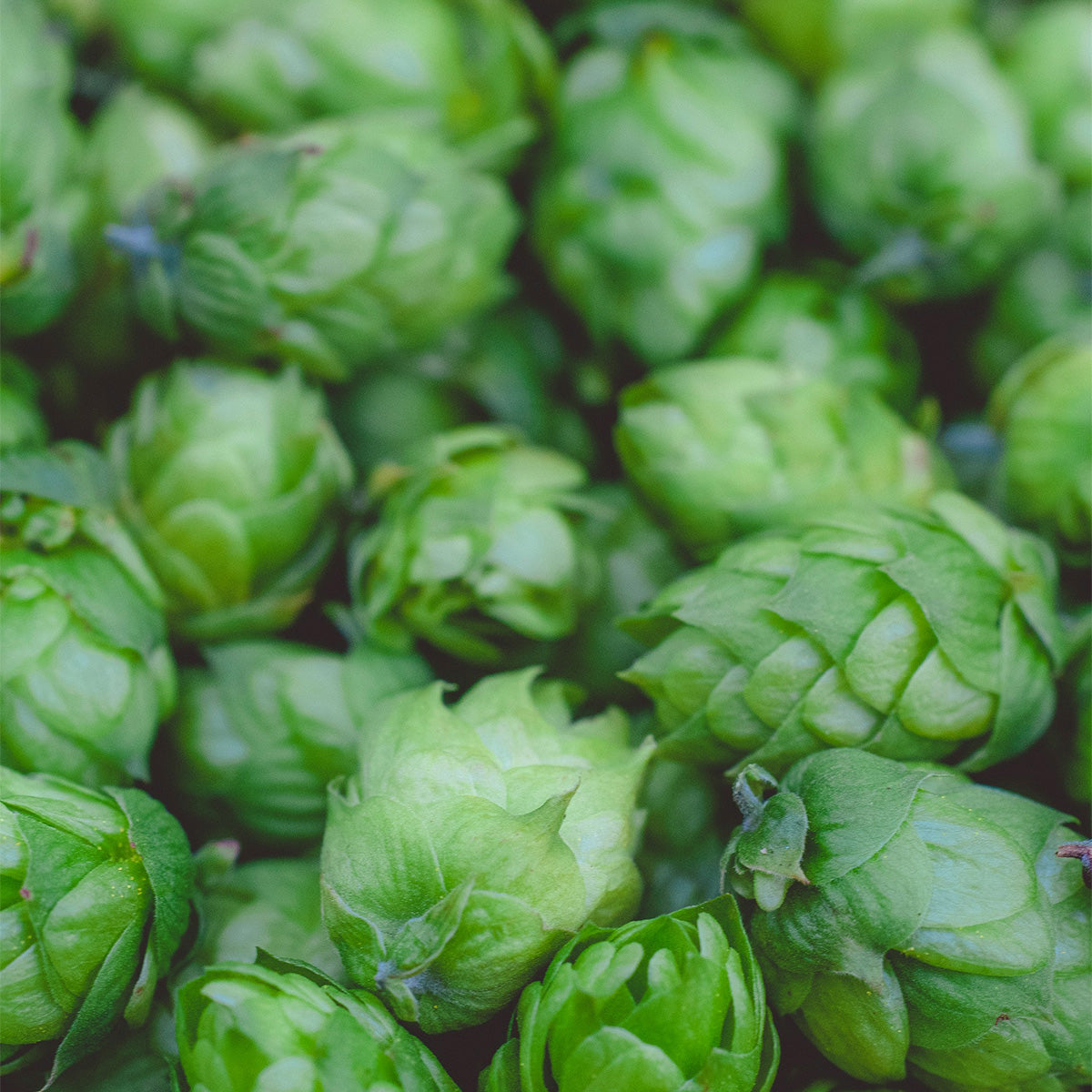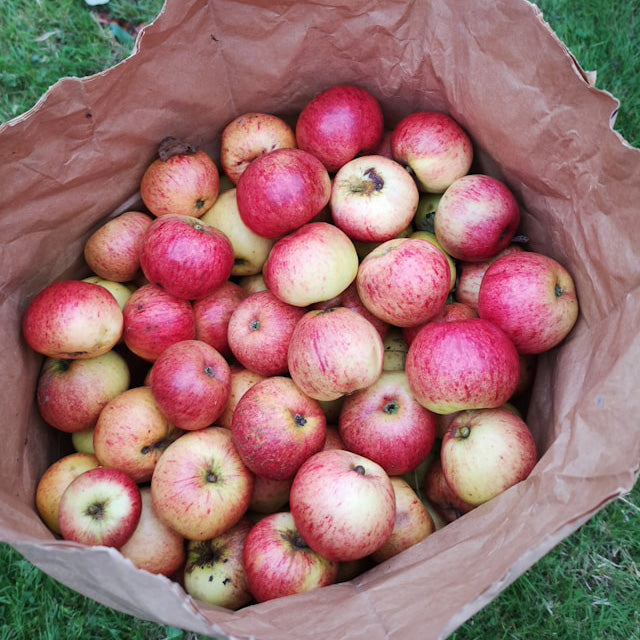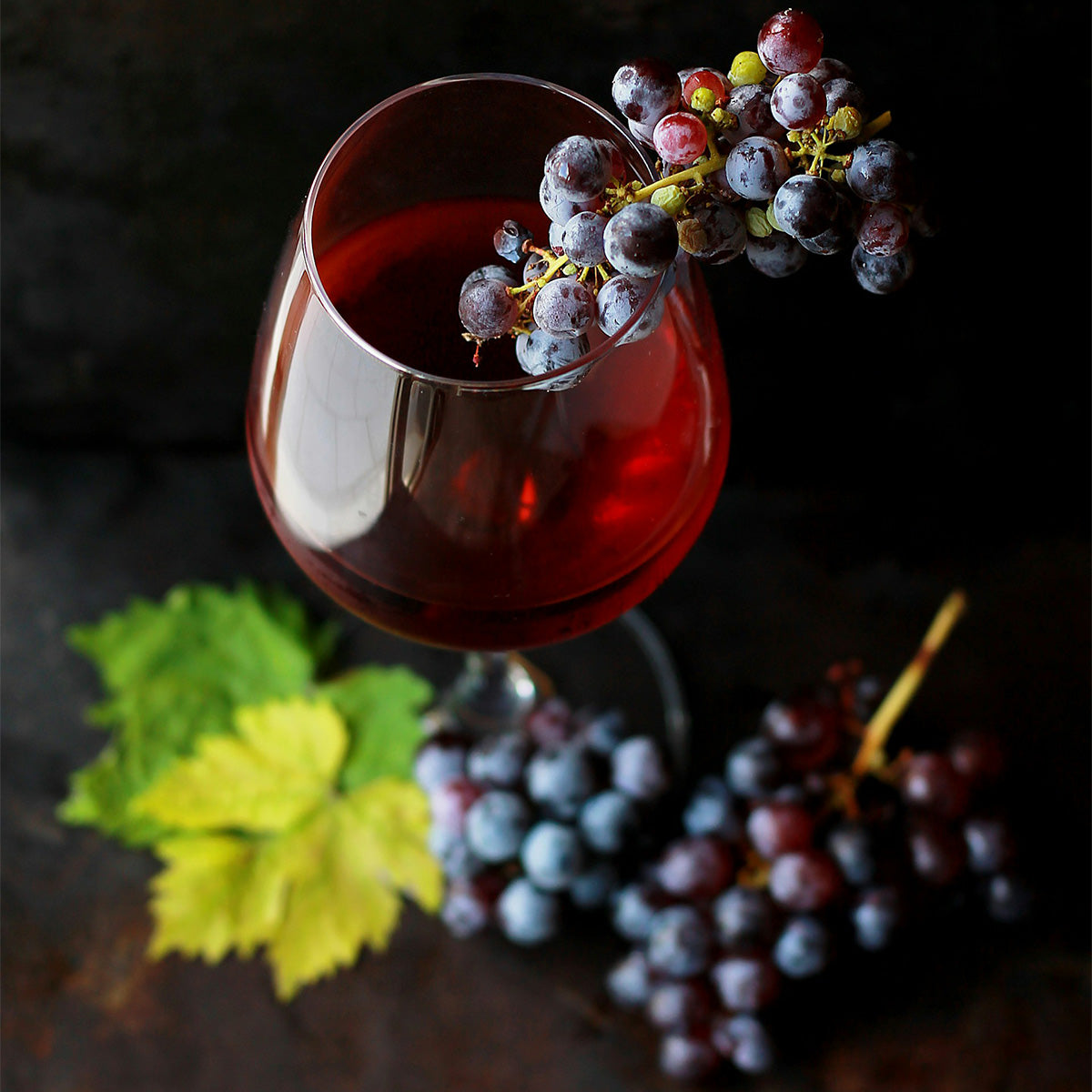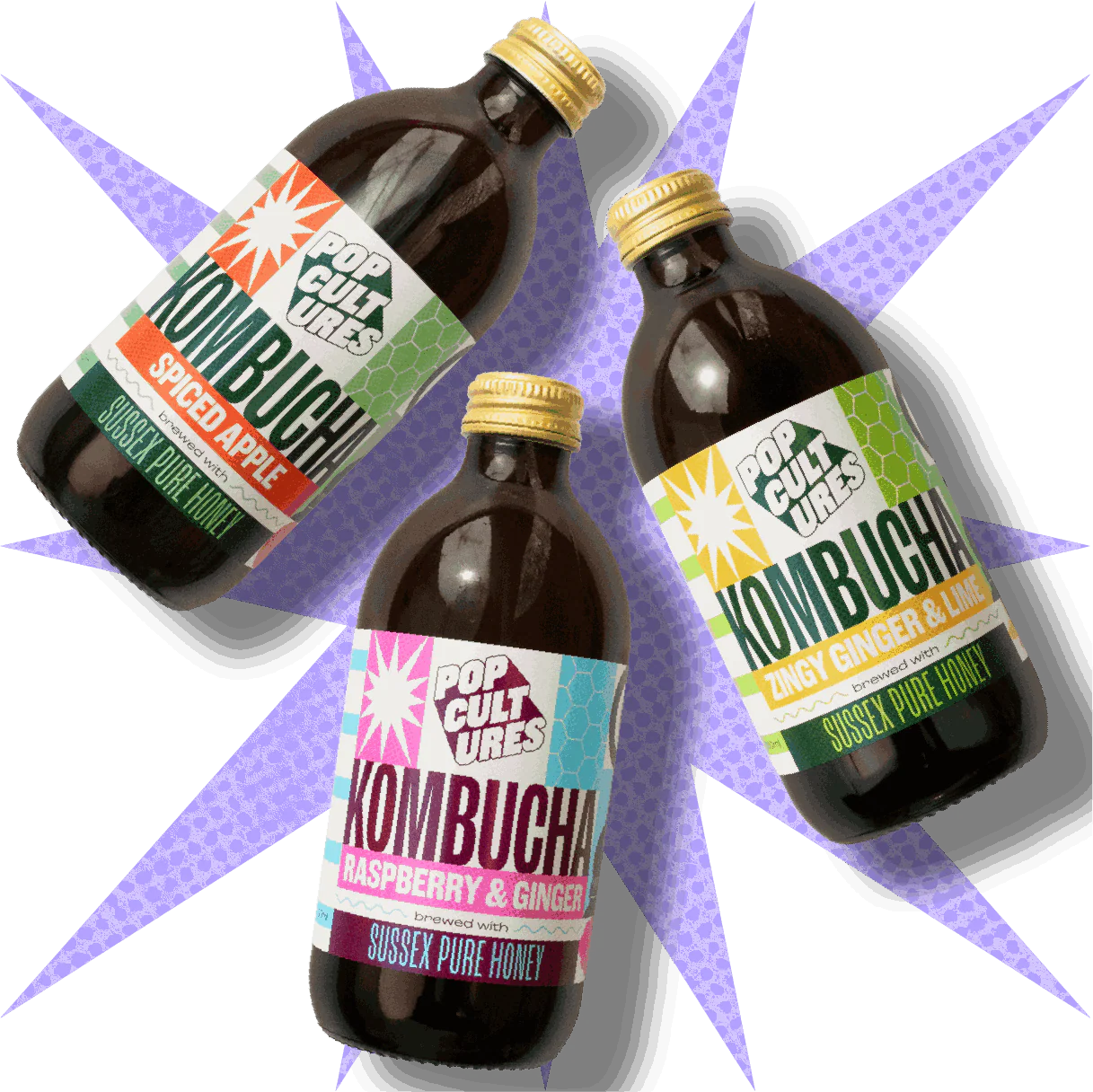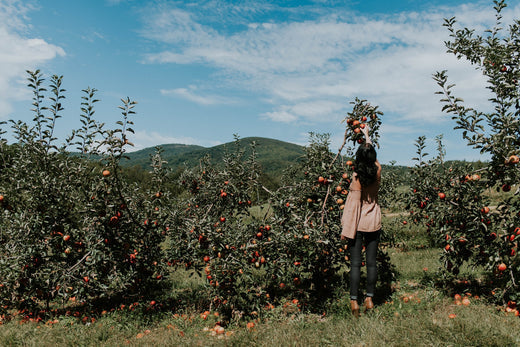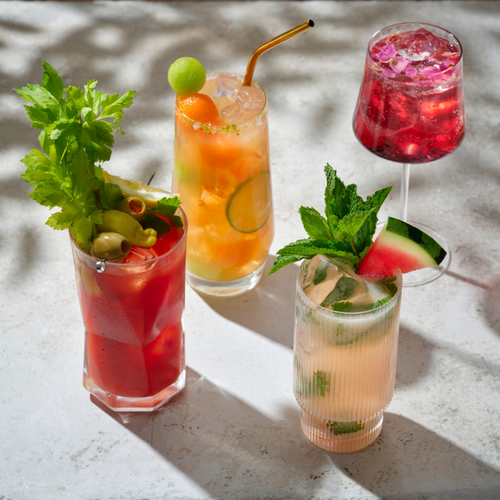A Journey Through Cider's Rich History and the Rise of Low-Alcohol Varieties
As we toast to World Cider Day this 3rd of June, let us take a moment to appreciate the golden, effervescent beverage that's been delighting palates for centuries. Cider, a timeless classic, has a rich history stretching back thousands of years, but is also keeping step with modern drinking trends, including the rise of low-alcohol and alcohol-free options.
The history of cider is as old as civilisation itself. Originating in the fertile crescent of the Middle East around 4000 BC, apples were among the first fruits to be cultivated. The Romans, under the aegis of Julius Caesar, discovered a bubbly, fermented apple beverage when they invaded England in 55 BC. They were charmed by this delightful "cyder," and the love for this drink spread across the Roman Empire.
Through the Middle Ages, cider was a staple, particularly in regions where grapes didn't grow well. Monks in monasteries refined cider-making techniques, adding to its popularity. During the Norman Conquest, French cider-making methods were introduced to the British, further cementing cider's place in the English tradition.
The journey of cider to the New World is fascinating. The Pilgrims brought cider to America on the Mayflower. Not only was cider safer to drink than water, but apple orchards were also a claim to land ownership under the English Law. Thus, the early American landscapes were dotted with apple orchards, and cider became America's drink of choice until German immigrants introduced beer in the 19th century.
Fast-forward to the 21st century, cider has seen a resurgence, becoming a beloved drink in pubs and homes alike. Not only are traditional ciders enjoyed, but a new wave of cider innovation has taken hold, addressing the growing demand for low-alcohol and alcohol-free options. Health-conscious and mindful drinkers are leading the way, seeking out beverages that fit their lifestyle without compromising on taste.
Low-alcohol ciders offer a wonderful balance, providing the richness of flavour without the high alcohol content. They're a perfect choice for those who wish to savour their drink and enjoy their evening without the potential pitfalls of overindulgence. These ciders typically contain less than 3% alcohol, and yet pack a punch in taste, aroma, and mouthfeel.
Alcohol-free ciders, on the other hand, have come a long way from their overly sweet, often one-dimensional predecessors. Today's alcohol-free ciders are crafted with the same care and attention as their alcoholic counterparts. They offer a complexity of flavour that rivals traditional ciders, making them a fantastic option for those choosing to abstain completely from alcohol.
But how are these low-alcohol and alcohol-free ciders made? Techniques vary, but most start with the same cider-making process. The alcohol is then removed using methods like vacuum distillation or reverse osmosis, or the fermentation process is halted early to prevent the formation of too much alcohol.
So, as we raise a glass this World Cider Day, let's celebrate not just the storied past of this wonderful beverage, but also its bright and inclusive future. Whether you're a traditional cider lover or a fan of the low-alcohol and alcohol-free varieties, there's a cider out there for everyone. Here's to the joy of discovery, the delight of shared experiences, and the simple pleasure of a good cider. Cheers!
Remember, whether it's a traditional tipple, a low-alcohol choice, or an alcohol-free variant, the world of cider has something for everyone. So let's explore, enjoy, and most importantly, raise our glasses high this World Cider Day.
Visit Dry Drinker to explore a wide range of low-alcohol ciders.

